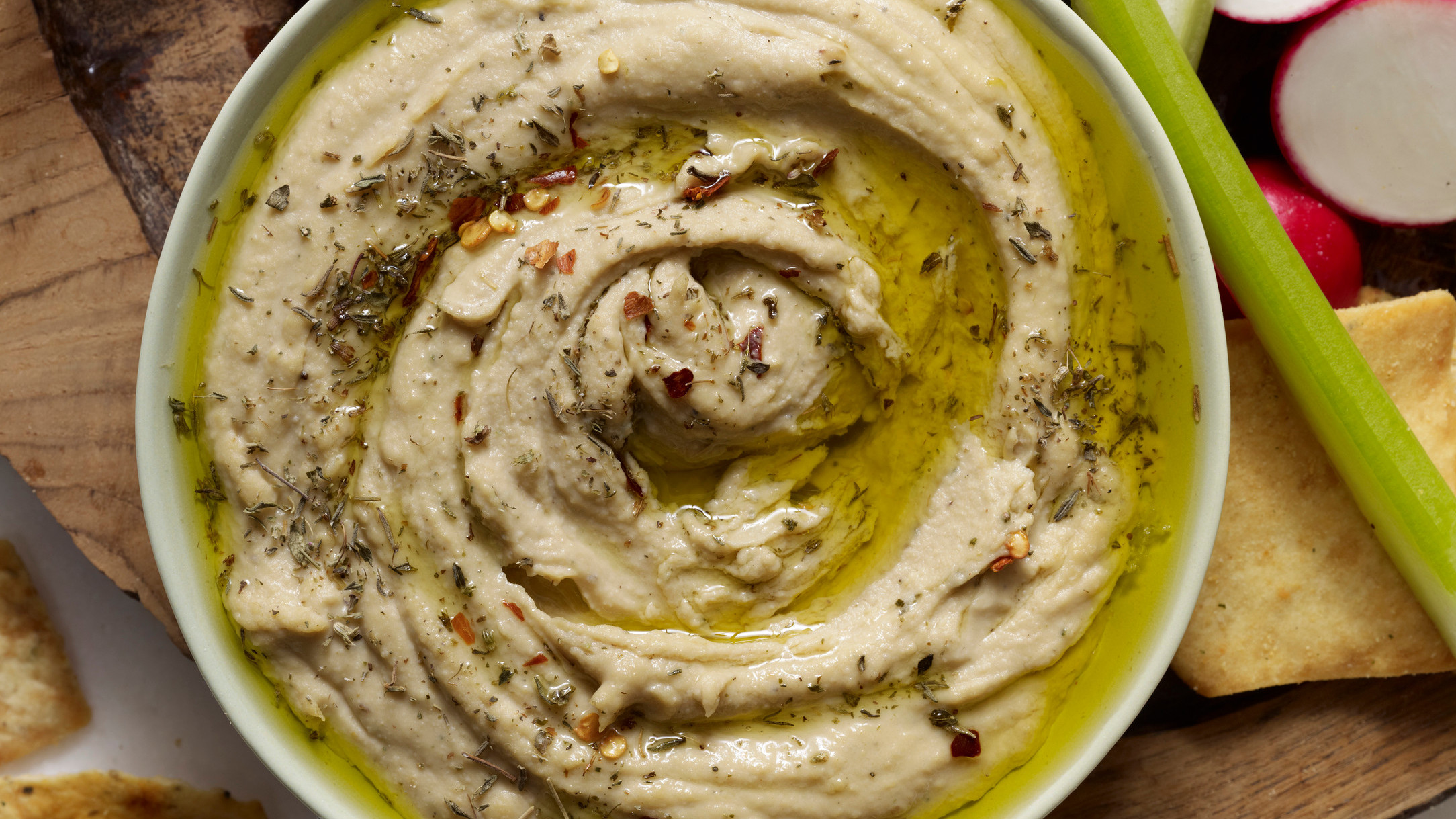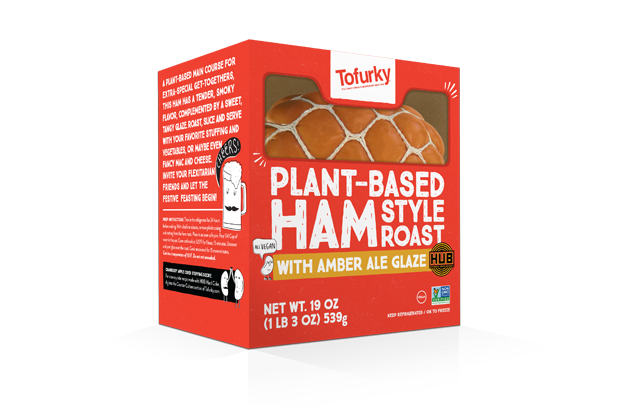What I Learned Cooking Only Vegan Meals For A Week
"Being vegan is a first-world phenomenon." That's a famous quote from Anthony Bourdain, and I've always struggled with it. I understand the sentiment: it's a diet that's mostly accessible to people with money, and going meatless is a resounding "no thanks" to appreciating the cuisine of other cultures. It's not fun disagreeing with your hero, but I think it's rather shortsighted to ignore the compassion and social awareness that factors into a vegan's decision not to eat animal products.
I've never quite grasped the animosity toward our meatless companions. They aren't that annoying. If you're able to maintain a diet that benefits the environment, then why not try to do so? Bourdain was maybe starting to soften up on the issue toward the end of his life, but this passage from his 2000 book Kitchen Confidential sums up his true feelings:
"Vegetarians, and their Hezbollah-like splinter faction, the vegans, are a persistent irritant to any chef worth a damn. To me, life without veal stock, pork fat, sausage, organ meat, demi-glace, or even stinky cheese is a life not worth living. Vegetarians are the enemy of everything good and decent in the human spirit, and an affront to all I stand for, the pure enjoyment of food."
My problem with Bourdain's comment is the implication that any celebration of the human spirit through food must exclude vegans. "The pure enjoyment of food" is lost in a hot dog stuffed crust pizza just as much as it is in tofu franks, isn't it?
The idea that cooking vegan can't be joyful seems insane to me. I often find myself dating somebody who is vegan or inviting vegans to a dinner party. In those cases, instead of treating them like they're a burden, I find ways to accommodate. That's what modern cooking is about, right? Hospitality. Care. Wowing friends and family. Dietary restrictions only awaken my chef's brain from its stupor: How am I going to make this taste good without my usual bag of tricks?
So, I went vegan for a week, just to test myself. It was an experiment to see what exactly a recipe needs in order to taste good. Does pasta dough need egg? Does risotto need chicken broth? I wanted to see how creative I could get in the kitchen without crossing the animal threshold. Can food still be joyous with severe limitations? Does the quality have to suffer? Here's what I learned from my week of vegan cooking.
Skip the mock products
Like Bourdain, I don't understand the appeal of familiar dishes that make a one-to-one swap of real meat for the fake stuff. Beyond Meat burgers, buffalo cauliflower, vegan grilled cheese—they offer neither challenge or stimulation. In their attempt to replace animal products, they've created a giant hole in my heart. The diluted, less recognizable version of a food I know and love does nothing to celebrate the joy of cooking or eating, that much is clear.
I ask you, what is the point of buying one of these plant-based hams at the store? How badly do you have to miss ham before this beckons you? I feel like you're mere moments away from relapsing face-first into a croque madame if you buy one of these. When you purchase a ham-style roast, you miss out on being able to cook with individual ingredients to form an interesting whole. You're denying yourself the pleasure of cooking, and cooking with real produce is probably the only way to fully embrace a vegan diet. That brings me to my next point.
Think about how to replace fats
I set out to make vegan risotto last week, and it turned out great. They key to it was using a good extra virgin olive oil to finish. Finishing things with olive oil helps to replace the fatty flavors from the animal products you'll be missing. I do this often with pastas as well; it not only gives the dish a voluptuous sheen, but it also satisfies our craving for umami. A vegan pasta dish can be exquisite with a semolina/white flour/water dough, a can of San Marzanos, onion, and a healthy dose of finishing oil. Plus, a surprising number of store-bought pastas are incidentally vegan.
Tahini, nuts, and oils became regular additions to the things I cooked. The body wants fat. Oblige.
Concentrate on a few flavors, and make them strong
Chicken stock, cheese, butter: these are the three reasons risotto usually tastes so good. Without the help of farm animals, I went with a really flavorful homemade vegetable stock (mushrooms, carrot, onion, and celery with lots of aromatics) and a healthy amount of white pepper. The result was a dish with deep, peppery earthiness, and the broth set it apart from a traditional risotto.
Similarly, my recipe for artichoke puttanesca could easily be made vegan by leaving out the anchovy and fish sauce, because puttanesca still retains its sharp flavors with olives and capers. Healthy amounts of acid and spice are required in plant-based meals. If vegan food has a reputation for being bland, that's only because it's been made by unimaginative cooks. Go hard on the palate.
Get good at tofu
Tofu doesn't have to be a tasteless, water-packed chunk of sponge. Good tofu is dehydrated and then rehydrated to absorb new flavors. One of my favorite Ethiopian spots, Azla, does wonderful things with baked tofu in curry. Tofu done right breaks all of your preconceived notions of what these little coagulated curds can be. It's versatile, worldly, and invites creativity.
Figure out breakfast, and fast
Without eggs I felt severely hamstrung. The first morning I ate a pear or something, and I was weak until lunchtime. Suddenly, I started to get really into potatoes. Hash browns with hot sauce, vinegar, and herbs felt substantial enough to start my day. More importantly, it felt like breakfast. J. Kenji Lopez-Alt has the most sound recipe for crispy baked potatoes out there. A plate of crispy potatoes and some fruit ended up being a regular for me in the morning, and I wasn't as weak by midday. Breakfast might be the biggest hurdle in cooking strictly vegan meals, and you'll want to have a game plan figured out before you start feeling faint.
Make sure you still eat like shit
Eating like shit is an important aspect of a balanced life. It can't all be hummus—you're going to need to splurge sometimes. I imagine vegans get sick of beans pretty quick. After a night of drinking, I found myself asking, "What can I cook that's unhealthy but still vegan?" Fried rice ended up as my go-to. Oily, salt-packed fried rice is a vegan hangover cure. So are vegan pancakes loaded with fresh fruit compote or maple syrup. And guac and chips. Hangover food doesn't have to be eggs, bacon, and cheese. You could also stop drinking so much, but good luck with that, pal.
Be active in your cooking
Vegan food requires a thoughtfulness that can often be absent when animal products are available. It's easy to be lazy when you've got pork, beef, or dairy doing the heavy lifting in your meal. Cooking vegan food demands your attention, because working within the confines of a vegan diet requests not only your imagination but a love and respect of food. It's a harder math problem to solve: if steak is algebra, tofu is calculus.
Going vegan for a week was a good exercise in creativity, and at the very least, I put myself in the shoes of a community of people I respect. I'm not vegan, because ultimately I do share the same sentiment as Bourdain. Nothing, within Western reason, can be completely off the table. Food brings me too much joy to put hard restrictions on it. The best I can do is practice moderation when I can, and show the people who draw a hard line the respect they've earned.
I also think if Bourdain were alive, we would have gotten to see him continue to soften on his stance a little bit. I wish I could have seen that.

